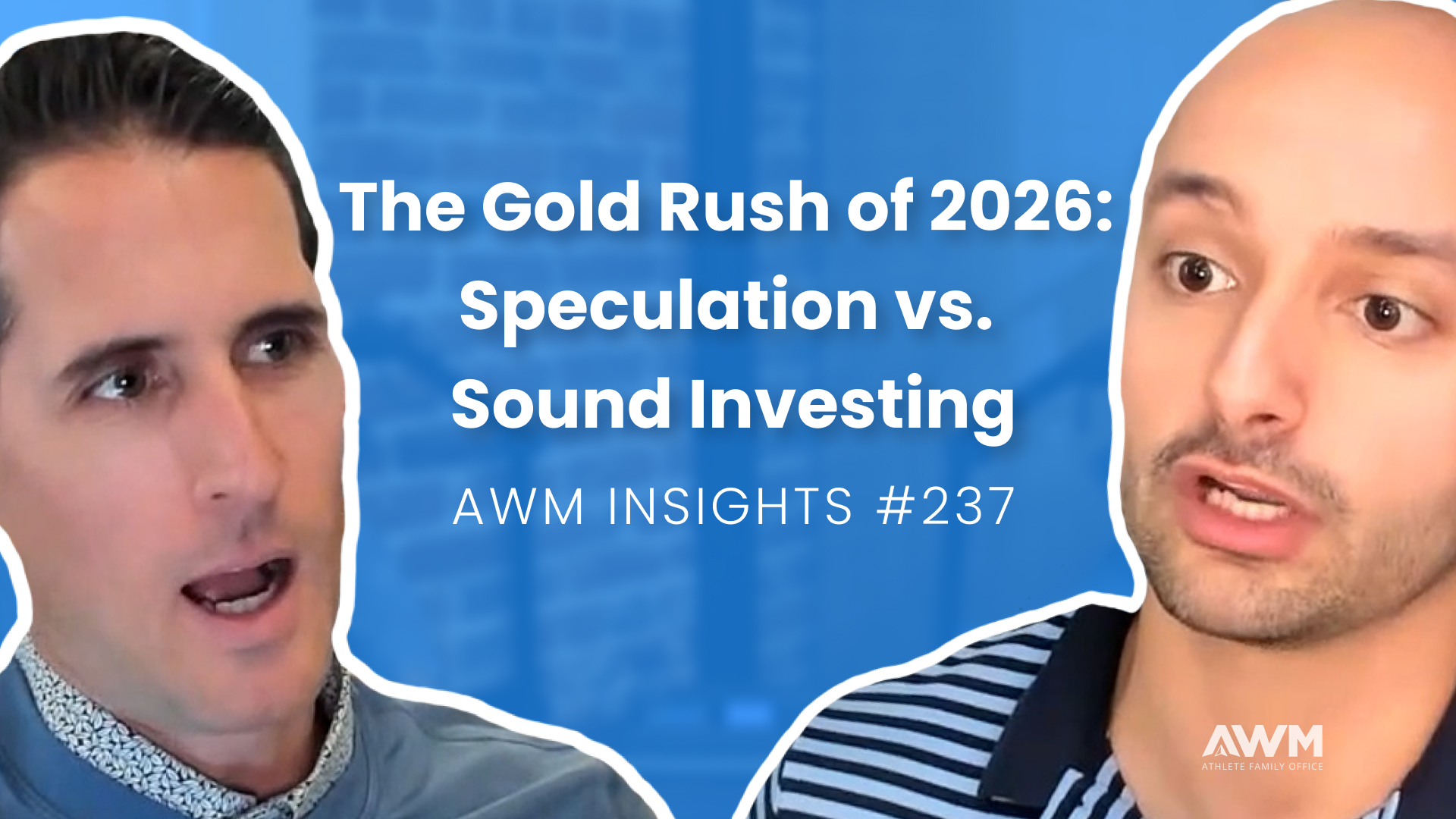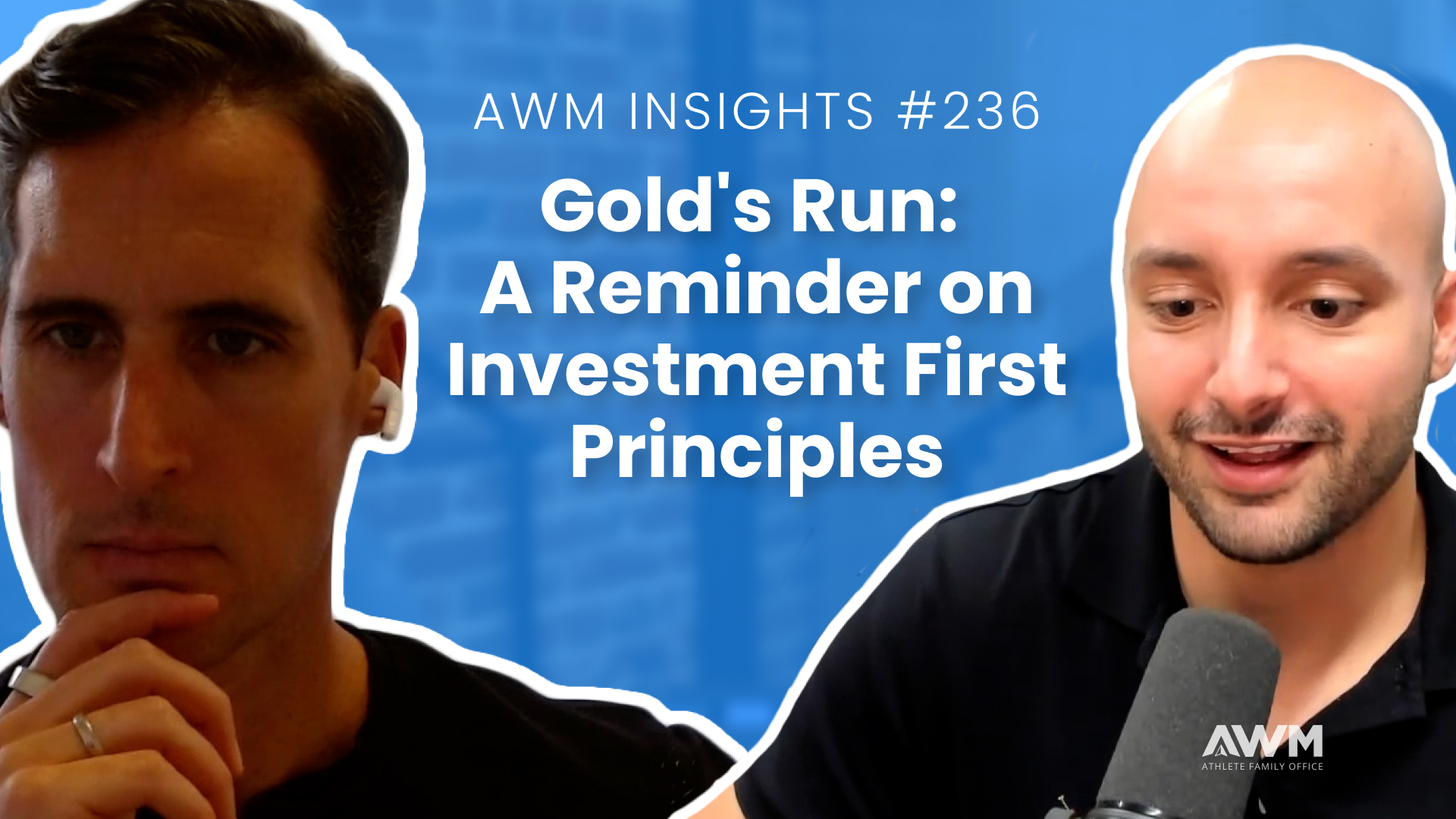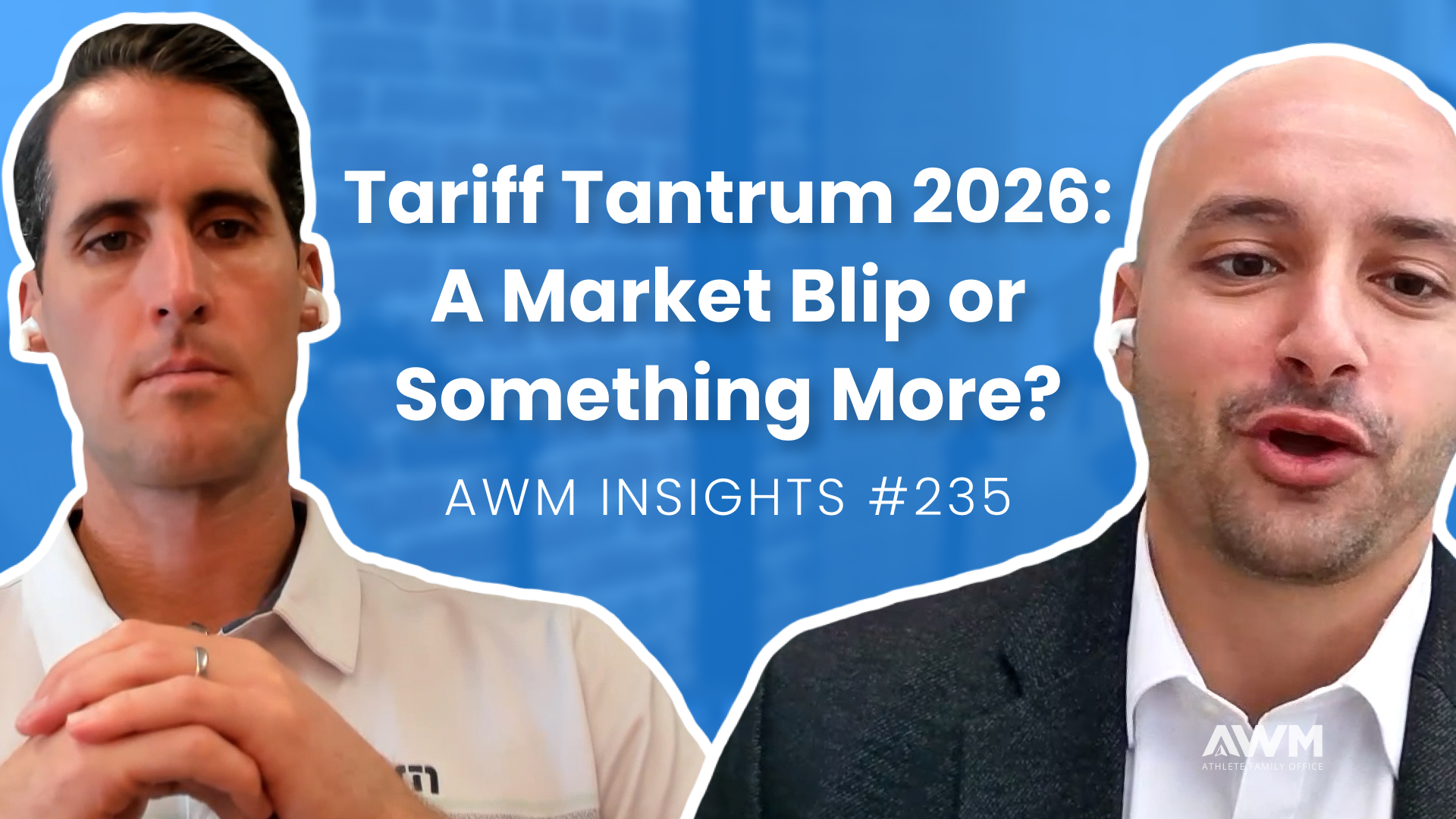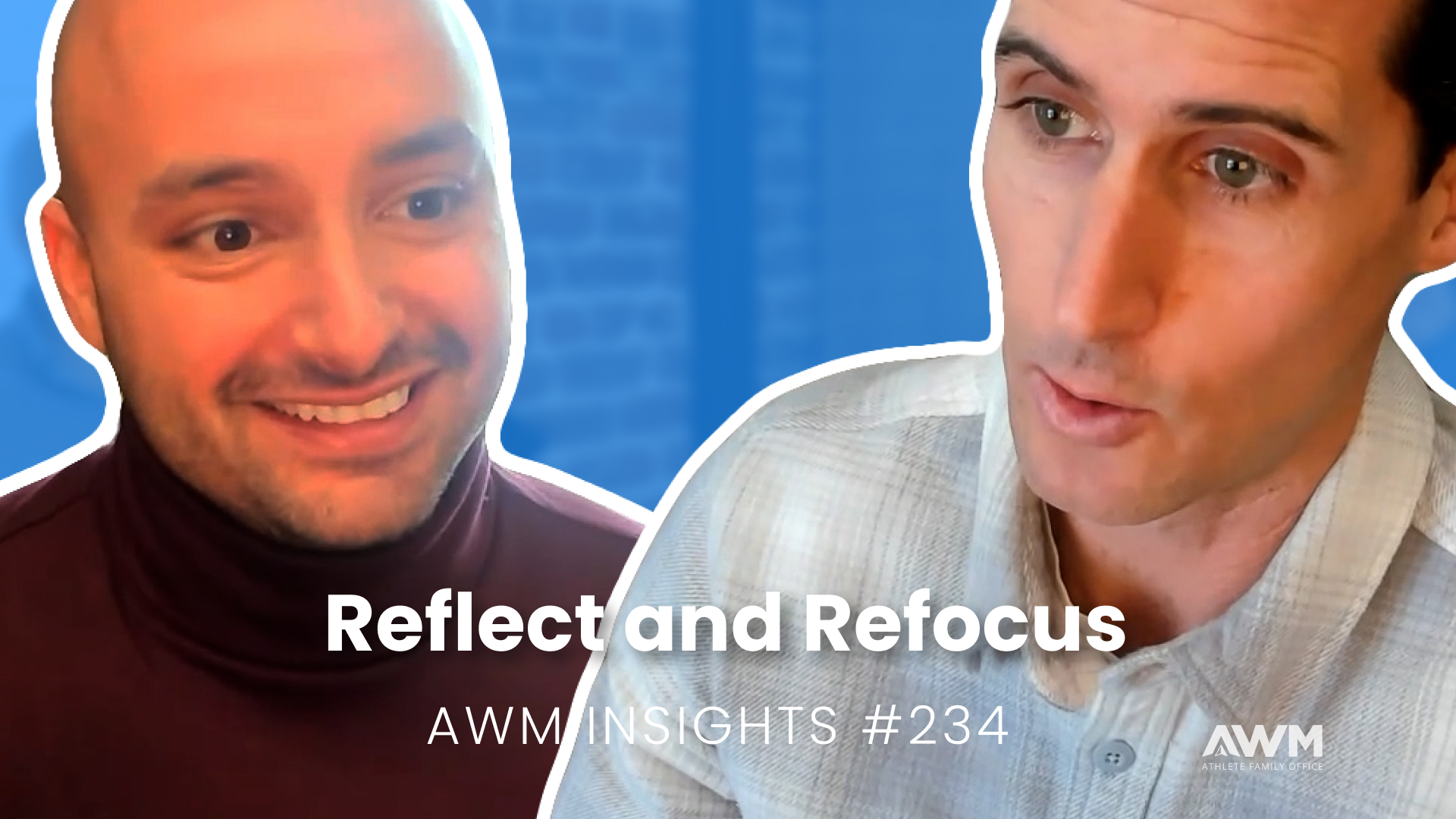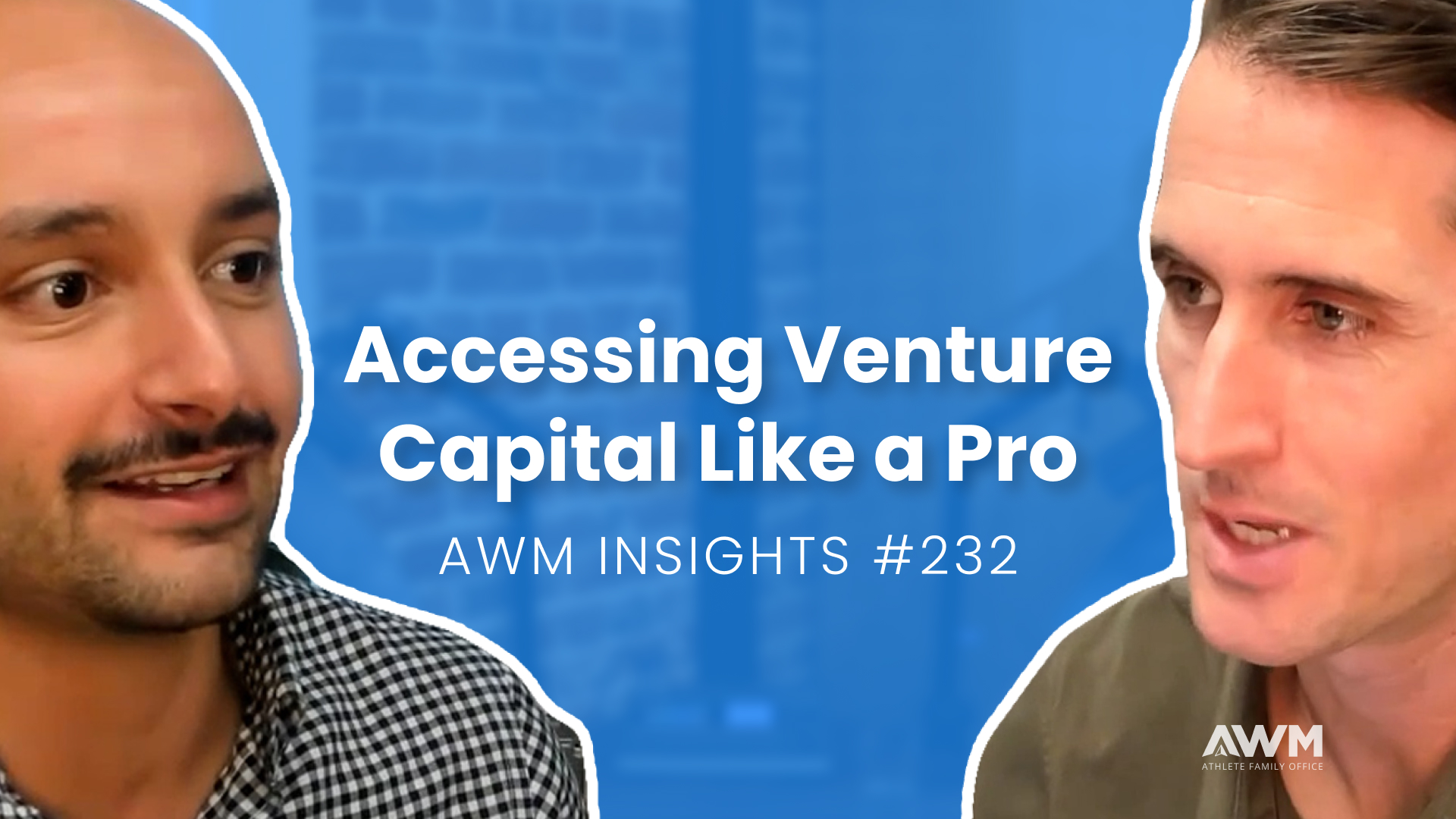Defining Compounding

Compound interest, the process of earning returns on both your initial investment and past interest, requires disciplined habits, long-term focus, and a holistic financial plan to achieve financial independence.

Compound Interest: “the process whereby interest is earned to an existing invested amount as well as to interest already paid.”
That definition sucks.
Compound interest is a topic we all have likely heard. Albert Einstein called it the 8th wonder of the world and Warren Buffet has nearly perfected the act of it. A lot of articles have been written on Einstein’s and Buffet’s perspective – however I want to unpack the following definition below:
“Those who understand compound interest, earn it. Those who do not, pay it.”
Our goal in this short article is to understand compound interest, and then provide tools and strategies to earn it.
What Is It?
Compound interest is arguably the most common phrase used as it relates to investing, but I would argue that we do not actually understand it because many of us fail to act upon it. If we understand it, we act on it. Thus the opposite of that statement holds true.
To help us understand, there are three rules to compound interest that we all must follow:
- Money must get invested if compounding is to happen.
- Invested funds must stay invested if compounding is to happen.
- Largest dollar gains happen over 25+ years. It will not be worth the squeeze if there is not a long-term focus.
Morgan Housel in his book The Psychology of Money sums up the three rules of compounding well:
“More than 2,000 books are dedicated to how Warren Buffet built his fortune. Many of them are wonderful. But few pay enough attention to the simplest fact: Buffet’s fortune isn’t due to just being a good investor, but being a good investor since he was literally a child.”
How Does it Work?
If you think investing is a game – you are wrong. The wealthy take a calculated approach to grow their wealth. They look for tax savings, execute their annual financial plan, and NEVER put their financial structure at risk. David Booth, the Founder of Dimensional Fund Advisors, states this quote related to compounding: “Investing is a lifelong journey. Making money slowly is much better than making—then losing—money quickly.”
To illustrate the power of compounding, I would like to pose a scenario:
Zach and Chase, both 25 years old, have two differing viewpoints on investing. Zach, who wants to invest early and often decides he is going to invest $5,000 per year beginning at age 25 and constructs an annual financial plan to execute those savings. Chase does not construct an annual financial plan until age 35, which is when he decides to invest $5,000 annually as well until retiring at age 65. To throw a wrinkle into our hypothetical scenario, Zach decides to stop constructing an annual plan at age 35 and saves no more money until retirement at age 65. Assuming a 10% rate of return, lets see how the two investors fared:
Zach earns just north of $1.39 Million on his $50,000 investment:

Chase however earns $822K on his $150,000 investment:

Compounding works like this: Zach earns $568,000 more than Chase on his investments, while investing $100,000 less.
Why Do It?
I had contemplated moving this section to the top as I believe it to be the most important, but I’m banking on the fact that I have held your attention to the very end of this article. Compound interest is not sexy until age 65. Given that, it is no wonder we chase after other quick hit investments for wealth. To quote Morgan Housel again:
“You can’t blame people for devoting all their effort – effort in what they learn and what they do – to trying to earn the highest investment returns. It intuitively seems like the best way to get rich. But good investing isn’t necessarily about earning the highest returns, because the highest returns tend to be one-off hits that can’t be repeated. It’s about earning pretty good returns that you can stick with and which can be repeated for the longest period of time. That’s when compounding runs wild.”
Compounding is the safest way to obtain financial independence. It is more than math; it is the product of habits and behaviors over a lifetime. These habits and behaviors are the key to making this work. Compounding can be simplified to you spending less than you make and investing the rest. This equates to you winning at money, or in other words – you defining your number of your financial independence.
Conclusion
Compound interest is powerful, but it only happens in the context of building a holistic financial structure. In principle it sounds easy to do – but in reality it is not.
Allowing compounding to work is hard. You need to have a written plan, you need to know what your savings number is, you need to live on less than you earn, you need to have adequate protective reserve (rainy day fund) so as not to draw down your invested funds. These are within your control. We all know that life happens, and financial matters such as medical emergencies, untimely death, or job loss can keep compounding from happening. Those are outside your control.
Bottom line - if it was easy, everyone would do it.
Transcript
Share this post
Related articles
Your Family Office

We're here to help you navigate.
Our advisors are ready to serve as your Athlete Family Office.
Your Family Office

We're here to help you navigate.
Our advisors are ready to serve as your Athlete Family Office.


